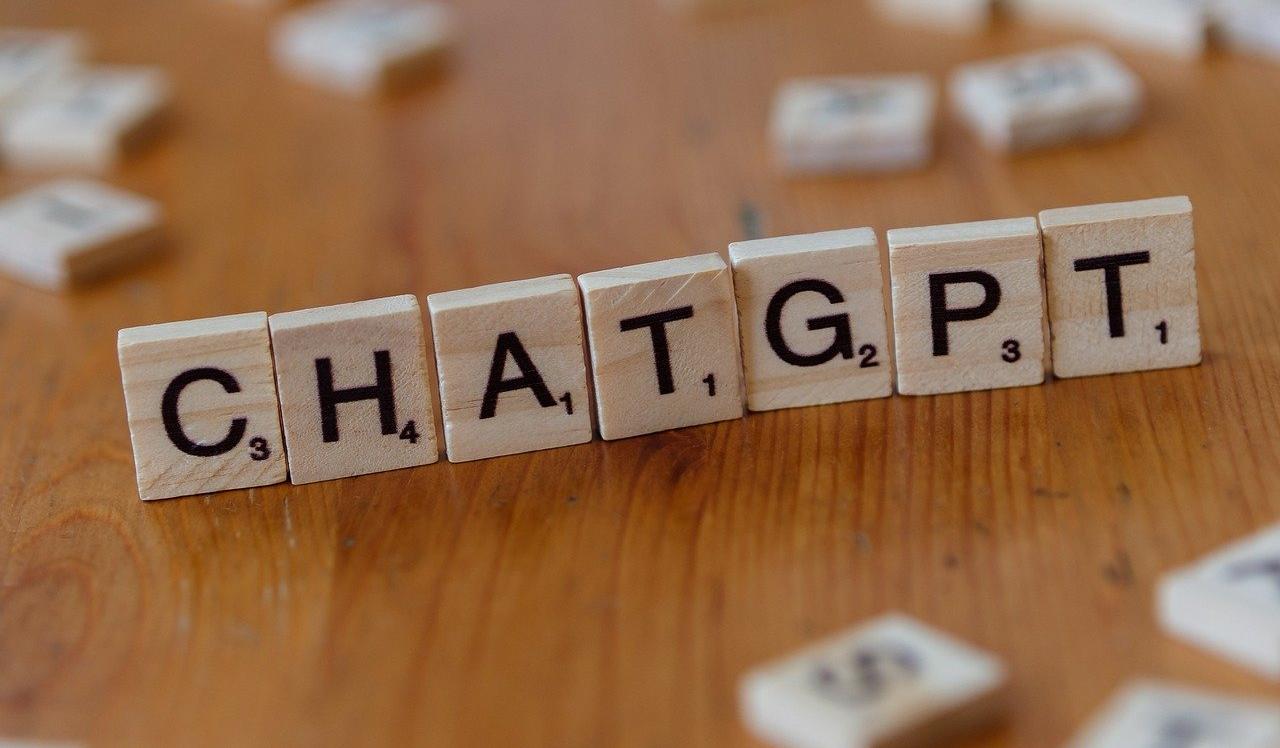Home News Technical OpenAI Is Getting Big in India - Here's What ChatGPT Developers Have in Store
06 September, 2025

In recent years, India has transformed into one of the most important markets for technology and artificial intelligence (AI). With its fast-growing digital economy, tech-savvy youth population and thriving startup ecosystem, India is attracting the attention of global AI leaders. Among them, OpenAI, the company behind ChatGPT, has taken significant steps to expand its presence in the country.
From partnerships to AI-driven initiatives, OpenAI is clearly setting the stage to make India a cornerstone of its global strategy.
This article explores OpenAI's growing footprint in India, why the company sees the nation as a key market, and how its growth could shape India's AI future.
Why India Matters to OpenAI
India is one of the largest and fastest growing digital economies in the world. With over 800 million internet users, an expanding base of mobile-first consumers, and strong government initiatives such as Digital India and AI for all, the country offers immense opportunities for AI innovation and adoption.
Some of the primary reasons India has grabbed the attention of OpenAI include:
- A huge user base: With millions of people already familiar with AI-powered tools like ChatGPT, India offers a large and engaged audience.
- A booming developer ecosystem: India produces a large pool of software engineers, data scientists and AI researchers who can contribute to the vision of OpenAI.
- Government and corporate support: Both the state and private sectors are investing heavily in AI integration in healthcare, education, finance and governance.
- The potential for AI-driven transformation: From language translation to automated customer services, AI in India has the power to bridge gaps and drive inclusion.
OpenAI's Expanding Presence in India
1. Growing User of ChatGPT
Since the release of ChatGPT, India has consistently ranked among the top five countries in terms of user traffic. Students, professionals, small businesses and enterprises alike turn to ChatGPT for academic help, workplace productivity, customer communication and creative tasks.
OpenAI has noted this rapid adoption and is working to optimize ChatGPT's performance for the Indian context, including multilingual capabilities.
2. Focus On Indian Languages
India is a multilingual country with more than 20 officially recognized languages and hundreds of dialects. OpenAI is reportedly experimenting with improving ChatGPT's capabilities in regional languages such as Hindi, Tamil, Bengali, Telugu and Marathi. Expanding ChatGPT for Indian languages will help the company reach a larger audience, especially in rural and semi-urban areas where English proficiency is limited.
3. Enterprise Collaboration
Indian businesses are rapidly adopting AI to streamline operations and enhance customer experience. OpenAI is exploring collaborations with large enterprises in fields such as fintech, edtech and e-commerce. By integrating ChatGPT into customer service, content creation and decision-making workflows, companies in India are beginning to see tangible benefits.
For instance, AI-powered chatbots based on ChatGPT help Indian startups improve engagement by reducing costs, making AI adoption more practical and profitable.
4. AI For Education in India
One of the areas where OpenAI sees tremendous potential is education. With millions of students preparing for competitive exams and online learning becoming the norm, ChatGPT is emerging as a digital learning aid. Educators and institutions are leveraging AI to create interactive learning materials, personalized study plans and instant doubt-resolving sessions.
Given India's large student population, OpenAI's AI tools can revolutionize access to education, especially in underserved areas.
5. Policy And Government Engagement
The Indian government has made AI a national priority with initiatives such as National Strategy for Artificial Intelligence and Digital India. OpenAI is expected to work closely with government institutions to align its technology with national goals. This may include the use of ethical AI, promote digital literacy and contribute to research projects.
There are also discussions about setting up a framework for responsible AI use in India, where OpenAI's global experience could be key.
6. Building AI Talent In India
The growing global demand for OpenAI requires skilled professionals. By partnering with Indian universities and research institutes, OpenAI aims to nurture a new generation of AI talent. Internship opportunities, AI bootcamps and collaborations with Indian institutions could be part of its long-term talent-building strategy.
7. Affordable AI Access For SMS
Small and Medium Enterprises (SMEs) are the backbone of India's economy. Recognizing this, OpenAI is working to provide affordable AI solutions that even small businesses can integrate. Whether it's automated content writing, sales support or customer interaction, ChatGPT has the potential to level the playing field for SMEs competing in a digital-first market.
Challenges Ahead for OpenAI in India
While India presents huge opportunities, OpenAI also faces several challenges:
- Infrastructure limitations: AI requires high computing power, and while India's cloud infrastructure is growing, rural areas still face connectivity issues.
- Data privacy concerns: Since AI is heavily dependent on user data, OpenAI must comply with India's data protection regulations.
- Competition: OpenAI is not alone. Indian startups and global competitors like Google and Microsoft are also expanding their AI presence.
- Affordability: For large-scale adoption of AI tools in India, prices need to be competitive and accessible.
- Using Ethical AI: Ensuring that AI tools are not misused for misinformation or biased output will be critical to OpenAI's long-term trust-building.
Impact On India's AI Ecosystem
OpenAI's deepening presence in India has implications for the entire AI landscape:
- Encouraging innovation: With access to advanced AI tools, Indian startups and developers are creating new applications tailored to local challenges.
- job creation: The adoption of AI in businesses is increasing the demand for roles in AI training, integration and maintenance.
- bridging gaps: AI-powered translation and communication tools can overcome language and literacy barriers across the country.
- Global recognition: India could become one of the most influential AI markets in the world thanks to collaborations with companies like OpenAI.
Future Roadmap - What to Expect Next
Looking ahead, OpenAI expects to:
- Launch local versions of ChatGPT With improved support for Indian languages.
- Strengthen enterprise partnerships with Indian corporations in multiple industries.
- Engage deeply with policymakers Shaping India's AI rules and norms.
- Expand training programs Upskilling Indian professionals in AI adoption and deployment.
- Introduce low-cost AI solutions Designed for SMEs and educational institutions.
These steps will not only help OpenAI expand its reach but also empower millions of Indians with cutting-edge AI tools.
Conclusion
OpenAI's entry into India is more than just a business expansion, it is a partnership with one of the world's most dynamic digital markets. From education and business to language accessibility and policy frameworks, the impact of OpenAI's presence will be felt across multiple sectors. While challenges exist, the opportunities far outweigh them, positioning India as a critical hub in OpenAI's global journey.
As AI adoption grows, businesses of all sizes will look for trusted partners to integrate these technologies into their digital ecosystems. For companies seeking seamless AI implementation into their websites and online platforms, Shriji Solutions Ready to deliver innovative and cost-effective solutions tailored to the Indian market.

